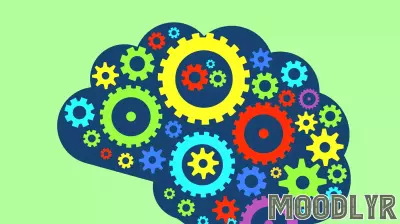March 16, 2025 - 14:30

In today's fast-paced world, many individuals gravitate towards convenience in their daily lives. However, psychology highlights three unfortunate consequences of this reliance that can impact mental well-being and social interactions.
Firstly, an over-dependence on convenience can lead to decreased problem-solving skills. When individuals continuously opt for easy solutions, they may miss out on opportunities to engage in critical thinking and develop resilience. This avoidance of challenges can hinder personal growth and limit one's ability to navigate complex situations.
Secondly, excessive reliance on convenience can foster a sense of isolation. As people turn to quick, solitary solutions—like online shopping or binge-watching shows—they may neglect face-to-face interactions. This can result in weakened social bonds and a diminished sense of community, ultimately affecting emotional health.
Lastly, the pursuit of convenience can contribute to increased stress and anxiety. The constant need for instant gratification can create unrealistic expectations, leading to frustration when things don’t go as planned. By understanding these consequences, individuals can strive for a more balanced approach to convenience in their lives.



